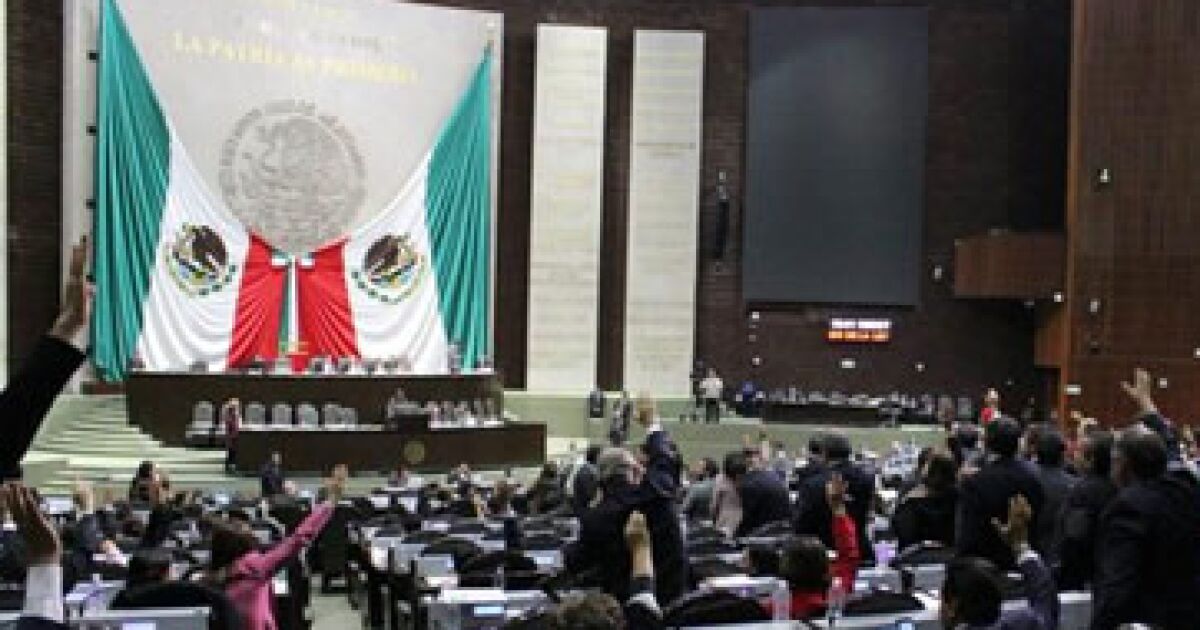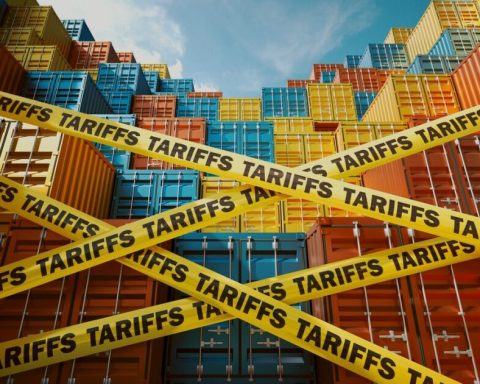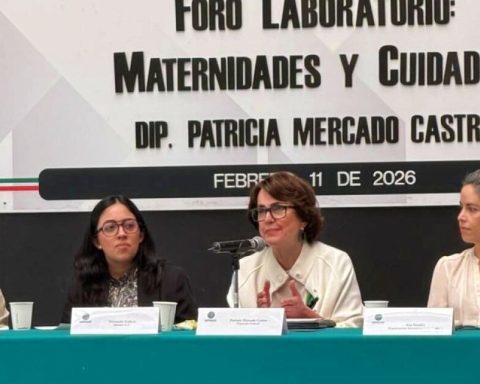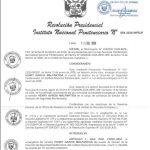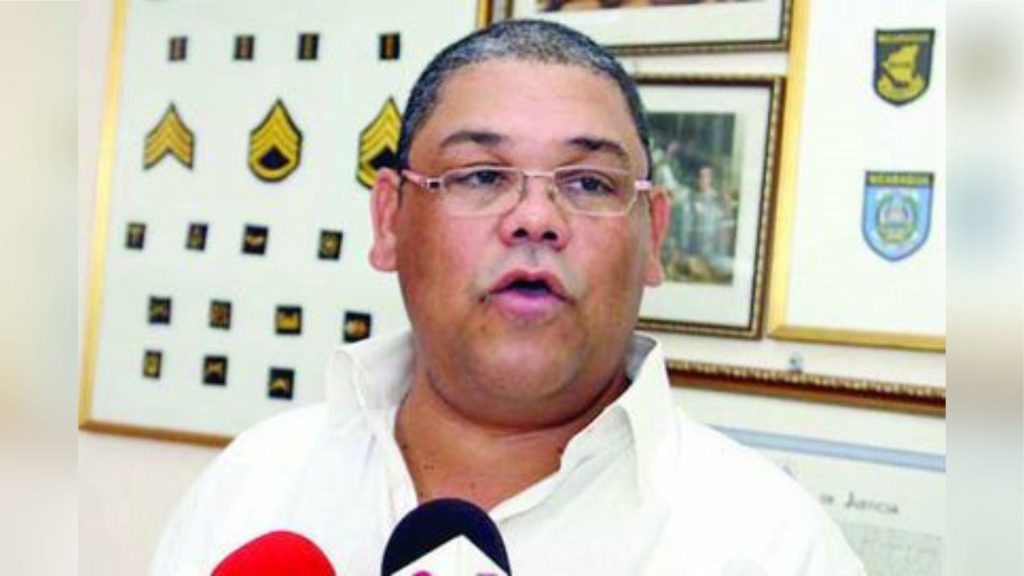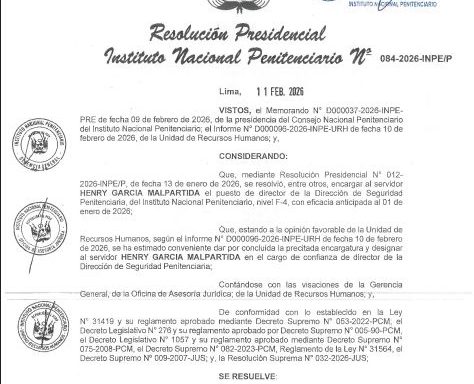The leader of the majority of federal deputies of Morena, Ricardo Monreal, reported that the bench is working on the necessary reforms to regulate this type of anonymous judges, but also changes to the Amparo Law, the Penal Code and the National Code of Criminal Procedures .
The ruling on these rules will begin on Monday, December 9. Together with the approval of the new Organic Law of the Judicial Branch of the Federation and the Judicial Career Law, which have already been endorsed by the Senate and the Chamber of Deputies, it will complete for now the legal changes necessary to make the judicial reform operational.
The judicial reform established: “in the case of organized crime, the judicial administration body may establish the necessary measures to preserve the security and protect the identity of the judging persons, in accordance with the procedure established by law.”
This procedure to protect the identity of the “faceless” judges is what must be regulated, but also the way in which these judges will be assigned to maintain their confidentiality.
This is because the Constitution only ordered that half of the country’s judges and magistrates be elected in 2025, and in 2027 the rest “by judicial circuit and by specialization”, but in criminal matters, which is dedicated to organized crime. , the anonymity of the judges is not provided for.
Furthermore, the election of more than 881 judicial positions that is already underway does not include “faceless” judges so far.
Thus, this regulation will be part of a package of five or six reforms to secondary laws to make Judicial Reform operational, and that includes changes to the Organic Law of the Judiciary, Judicial Career Law and Responsibilities Law, already endorsed by the Senate .
To these will be added amendments to the Amparo Law and the Penal Code and Criminal Procedures, to harmonize the legislation with the so-called faceless judges.
Monreal ruled out for now that an extraordinary period be called on these issues, so the Chamber of Deputies will meet, if necessary, five consecutive days, from Monday to Saturday, in order to advance and approve the entire package, together with the 2025 Expenditure Budget.
